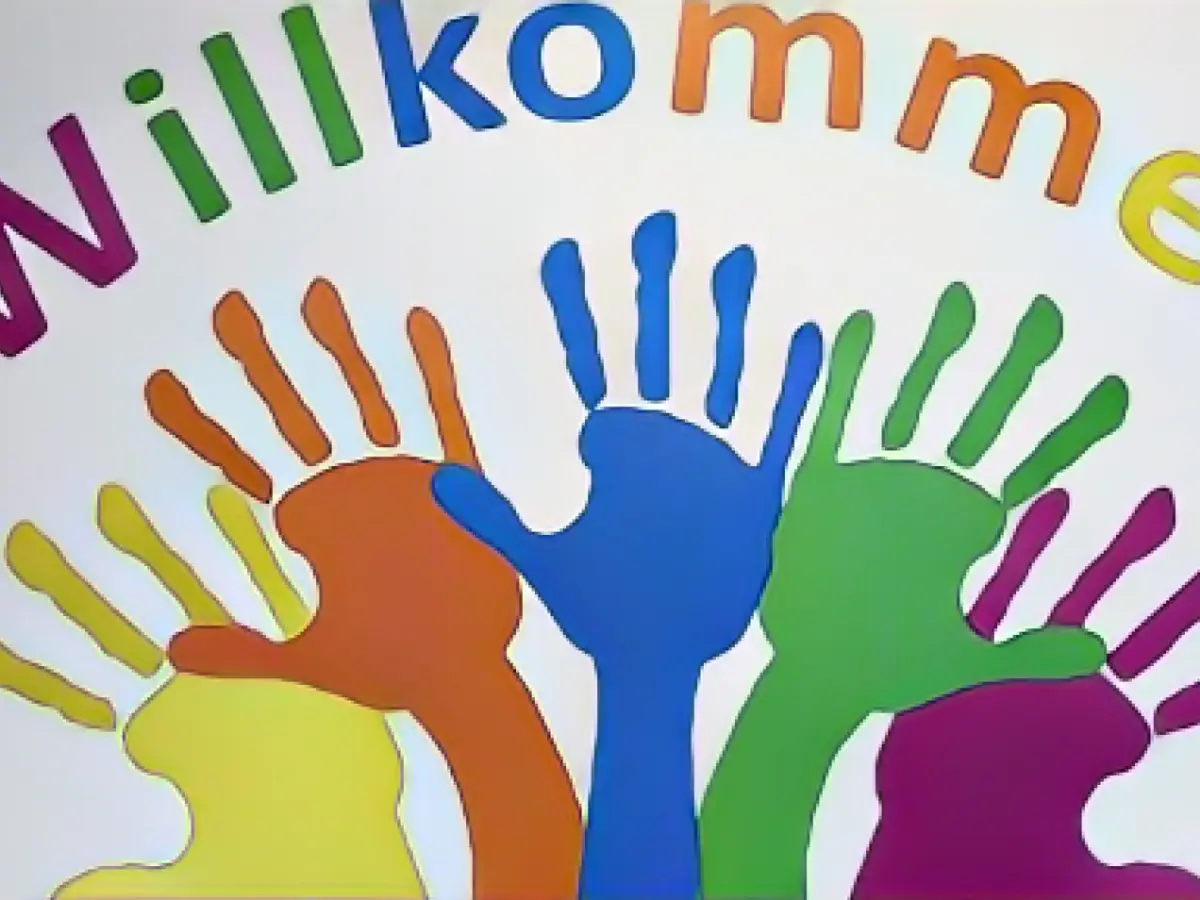Updated Article:
Germany's Unauthorized Entries Drop Dramatically in November
In the heated migration debate, German Interior Minister Nancy Faeser relies on border controls. The drop in unauthorized entries into Germany sees a significant decrease by the end of November. However, the Federal Police remains skeptical, attributing the change to actions taken by neighboring countries and questioning any connection to the border controls.
The number of unauthorized entries into Germany in November dropped significantly compared to the previous month. The Federal Government reported that the Federal Police detected a total of 4,353 unauthorized entries at land borders between November 1st and the 23rd, ordering 2,299 refoulements. In comparison, 18,384 unauthorized entries were recorded in October, with the majority occurring in the first half of the month. A look at previous years reveals a relatively low number of entries in November 2021 (7,543) compared to November 2020 (12,538).
An analysis of border control locations reveals a decrease across multiple zones. For instance, stationary controls at the German-Austrian border, in effect since October 16, 2015, also saw a decrease in unauthorized entries.
Underneath the surface, perhaps even playing a part in the decline, countries like Austria and Slovakia have taken action to bolster their border protection, contributing to a broader domino effect of increased border security in the region.
However, the German Police Union (GdP) expresses concerns about the working conditions of federal police officers responsible for border checks, with issues ranging from inadequate lighting systems to poor heating in control shelters.
Competition among smuggling organizations could be another factor responsible for the decline this time around, indicating a "temporary special effect." But as Roßkopf reports, the smuggling networks are expected to adapt and find new ways to bring people to Germany.
Despite the success of border controls, CDU politician Alexander Throm emphasizes that they are not a silver bullet. Returning rejected asylum seekers becomes essential to avoid unintentional incentives. He suggests that non-EU transgressors who have already applied for asylum elsewhere should not receive aid or aid with return expenses.
Border controls to extend beyond December 15th
While border controls remain controversial in the Schengen area, Germany is gearing up to extend them beyond the mandatory two-month period. The extension of controls to the borders with Poland and the Czech Republic is likely, as Chancellor Olaf Scholz has announced their continuation. However, critics argue that their implementation goes against EU law and must be called into question.
As the debate continues, police officers engaged in border control operations grapple with unfavorable working conditions, from insufficient lighting to primitive control shelters.
Additional Sources & Analysis:
The dropping trend of unauthorized entries at German borders can be attributed to a mix of factors. With Germany tightening border controls and neighboring countries adopting more stringent border protection measures, the domino effect contributes to a broader strategy for controlling migration.
Furthermore, the introduction of mandatory mobile screening devices for people entering the country has led to the detection of the foot-and-mouth disease virus in November 2022, leading to stronger border measures.
The German government's emphasis on legal pathways for migration aims to eliminate the urge for irregular migration while working towards a more humane approach to migration policy.
However, the rise of populist politics in Europe has led to stricter border protection policies that prioritize security over human lives, resulting in more dangerous journeys for migrants seeking asylum or better economic opportunities.








